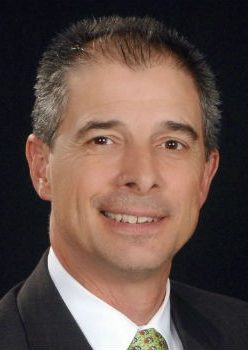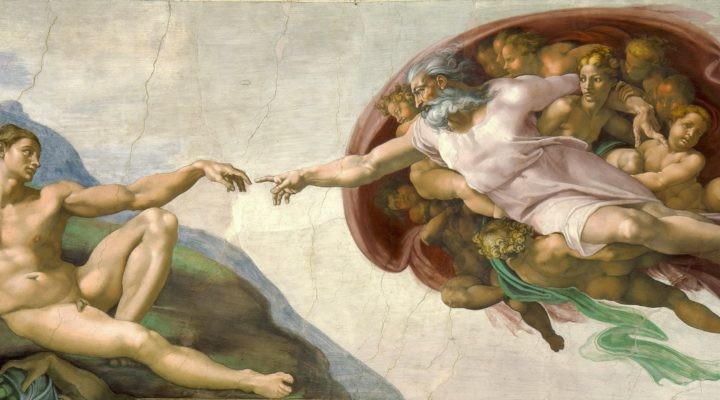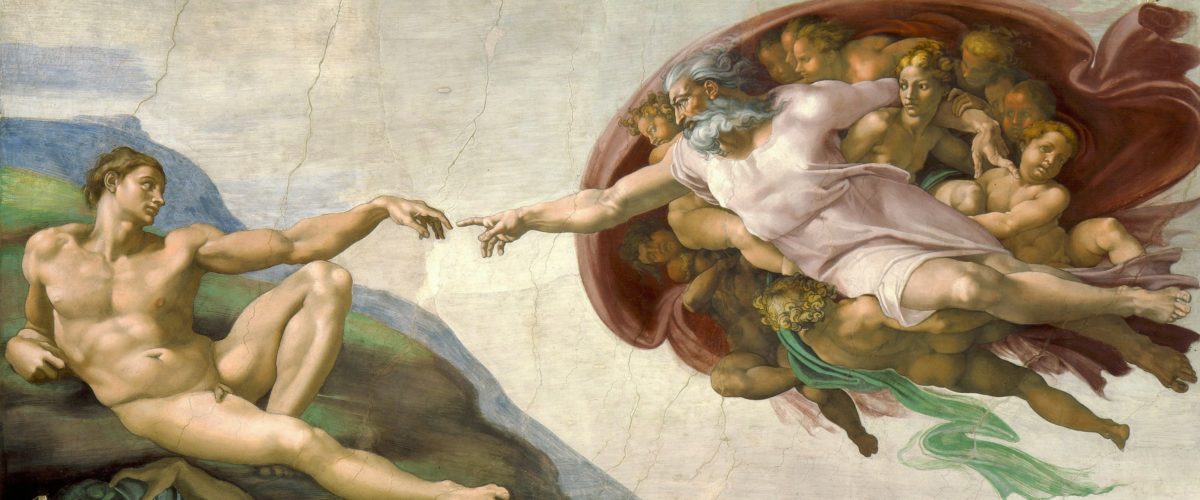Sorry for sounding so much like a preacher, but I don’t know where else to turn. I keep hearing we’ve had more mass shootings in the U.S. than days in 2023. We seem out of control, and despite their claims to the contrary, gun manufacturers are part of the problem, not the solution.
So are our so-called leaders. They just keep yelling at each other. I’m not sure our elected officials are really aware of the problem anymore. At this point you have to wonder if the folks in D.C. even watch the news.

Russ Dean
You’d think if they knew the ghastly, senseless, foolish, needless, ridiculous rate at which we are killing each other — senior adults at the ballroom dance club, farm workers in the plant, kids in their schools, the faithful at worship — at some point they would have to acknowledge the problem. At least try to address it.
Maybe we need God.
I know the skeptics will roll their eyes at my religiosity.
“God? What God?”
“Where, God?”
“What’s God going to do with our stupidity?”
“But isn’t this how we found God to begin with?”
“Wait, there must be another way. There must be more.”
A couple thousand years ago, a Greek philosopher named Socrates was concerned about his own society, which was divided into three strata of citizens. He was trying to figure out a way to get them to live peaceably together and decided the best way forward was to tell them a lie, a very big lie. He seemed to be saying, “We’re at that point. Desperate times call for desperate measures.’ So even a little deceit can be justified, Let’s just lie.”
But, he reasoned, because his intentions were honorable, he could call it a “noble lie.”
In his “parable of the metals,” Socrates explained that all people are born of the earth. While the rulers were born “mingled” with gold and the helpers mingled silver, even farmers and craftsmen were honored, made of iron or brass. All were different, but all were from the same earth. This common origin, the noble lie said, implied a worth for all, regardless of one’s station in life.
Apparently, there was some value to the noble lie, and it’s been a thing ever since. The masses are helpless, and gullible, and can be controlled with the help of some well-intentioned deceit. As the idea of the noble lie spread, some clever skeptic seized on the lie as a critique of religion, an explanation. They said something like, “Even though there’s no God, all this religion stuff is B.S., well, it does serve a purpose. If the people can be convinced there’s some kind of Eye in the Sky, always watching, if we can ply the gullible with promises of some glorious, eternal reward, or a wretched, forever of punishment … maybe they’ll behave.”
“Apparently, there was some value to the noble lie, and it’s been a thing ever since.”
I had a friend, a church member who, before he died, sort of said as much to me one day. He thought even atheists needed to go to church or synagogue or mosque. It really didn’t matter if any of it was true. The proof was kind of in the pudding.
Even if a God didn’t exist, we might need to create one, he implied. The whole big lie had its place. The end justifies the means.
To be honest, although I valued this friend’s wisdom, I was a bit offended by his suggestion. I have not given my life, my passion, my career to a lie. But I have come to believe that even if the skeptics need to justify their own skepticism, lie to themselves and call it all a lie, well, I’m OK with that.
Maybe we need God.
I don’t know where else to turn. I’m sick of the dysfunction, weary of the death, sad to admit that my optimism has been soiled, my trust in the basic goodness of humanity called into question. We’re smart enough to create computers that think (maybe even feel), cars that drive themselves, medicines that heal, prosthetic hands and limbs that are controlled by one’s own brain, but we’re still so controlled by tribal instinct, fear and irrational hatred that we will sit idly by, watching, as we kill each other in senseless violence, helpless to lift a finger. A preacher might even be tempted to call such self-destructive foolishness “sin.”
I think we need God. (Call it a lie if you need to.)
Russ Dean serves as co-pastor of Park Road Baptist Church in Charlotte, N.C. He holds degrees from Furman University, Southern Baptist Theological Seminary and Beeson Divinity School. He and his wife, Amy, have been co-pastors of Park Road since 2000. They are parents of two sons. Russ is active in social justice ministries and interfaith dialogue. He is author of the new book Finding A New Way.


